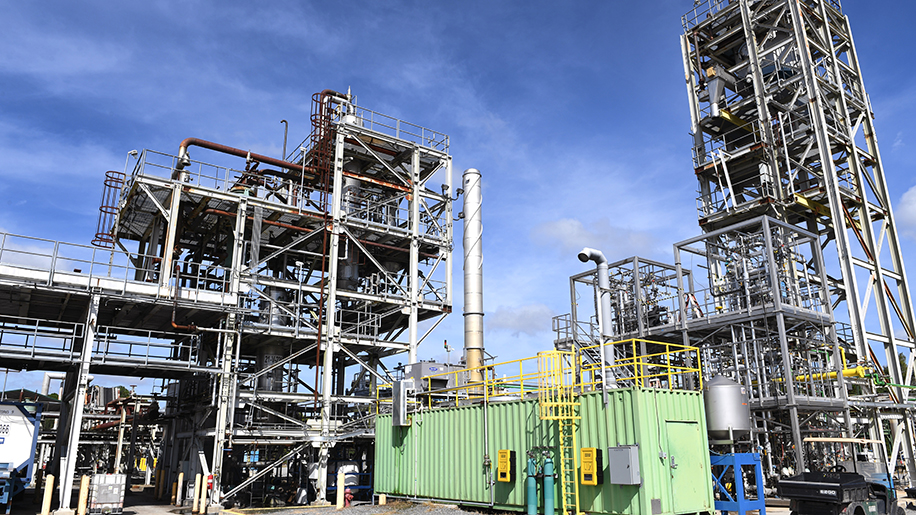The World Travel & Tourism Council has called on governments worldwide to “get serious” on incentivizing Sustainable Aviation Fuel (SAF), warning that there is currently a “massive gap” between demand and production.
The WTTC said that current SAF production only meets 0.1 to 0.15 per cent of requirement, and urged governments to provide “strong incentives to encourage investment in SAF production, including tax credits, grants or other financial incentives”.
The Council highlighted the United States’ successful incentive programme which has created tax incentives for SAF production, but warned that current global SAF production meets only 0.1 to 0.15 per cent of requirement, despite a 200 per cent increase in production in 2022 compared with 2021.
The WTTC said that “Without meaningful quantities of SAF”… “the aviation sector cannot decarbonise on a scale that will allow it to reach Net Zero by 2050”.
The Council called on governments to work with the sector to set “ambitious SAF production targets”, and to coordinate their actions through the International Civil Aviation Organisation (ICAO) “to ensure global uniformity in SAF regulations, sustainability standards, procedures, and organisation”.
“At today’s prices, SAF is on average three to five times more expensive than traditional fossil fuels,” said Julia Simpson, WTTC president and CEO.
“Governments must address this cost disparity by providing financial support and incentives to make SAF more accessible and affordable. Without those targets and without those incentives, the sector cannot decarbonise.”
The Council has published a white paper in partnership with global advisory and technology services provider ICF, entitled Sustainable Aviation Fuels: The Implications & Opportunities for Tourism Destinations.
The paper provides a basic introduction to SAF, and calls on national governments to establish public and private sector task forces dedicated to the decarbonisation of transport.
The paper can be read in full here.


